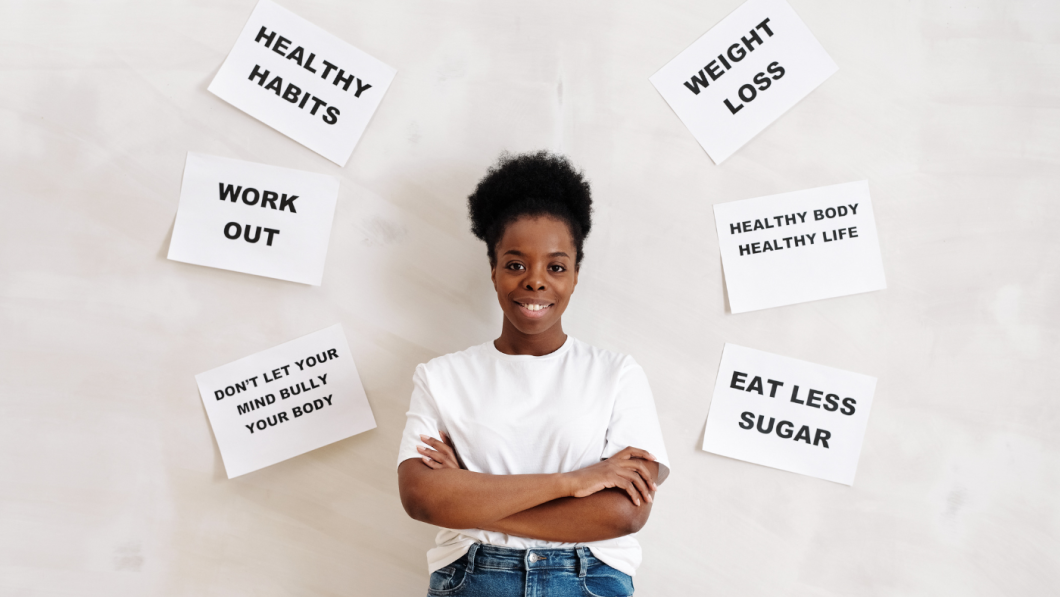TL;DR Habits are automatic behaviors that shape our daily lives, whether positive or negative. Although we encounter habits every day, there are plenty of surprising facts about habits we don’t know. Like, they take an average of 66 days to form and never truly disappear, but they can be replaced by new habits. Cravings drive habit formation, and habits are neutral, and influenced by emotional triggers. We can replace negative habits with positive ones with patience and persistence to improve our well-being.
Habits are routines and behaviors we perform automatically, such as brushing our teeth, showering, getting dressed, and following familiar routes. These unconscious actions free up mental resources for more complex tasks like problem-solving or deciding what to make for dinner.
We all have habits, and we activate hundreds of them daily. But there are a few things about them that might surprise us. Here are some surprising facts about habits that reveal their powerful influence on our lives.
1. Your Life is the Sum of Your Habits
One surprising fact about habits is that our lives are significantly shaped by our habits. Every small action we perform regularly adds up, creating a pattern that defines our daily existence.
Whether it’s a good habit like exercising or a bad habit like procrastinating, these routines collectively influence our overall lifestyle and outcomes. This means that by changing our habits, we can effectively take control of our lives and steer them in the direction we desire.
2. It Takes 66 Days to Form a New Habit
A common misconception is that forming a new habit takes just 21 days. In reality, research shows that it takes an average of 66 days for a new behavior to become automatic. This longer timeframe explains why many people struggle to adopt new habits; it requires sustained effort and commitment. Knowing this can help set realistic expectations and encourage persistence during the initial challenging phase.
3. Habits Never Truly Disappear
Another surprising fact is that once a habit is formed, it never completely goes away. Instead, old habits can be overpowered by new ones.
This is why people who successfully quit smoking might still experience occasional cravings years later. Understanding that habits are deeply ingrained in our brains emphasizes the importance of establishing strong, positive habits to replace negative ones.
4. Cravings Drive Habit Formation
Cravings play a crucial role in habit formation. For a behavior to become a habit, our brain must crave the reward it provides. This craving acts as a motivator, pushing us to repeat the behavior to achieve the desired outcome. For example, the habit of eating sugary snacks often stems from the brain’s craving for the quick energy boost sugar provides.
5. Habits Are Neutral
Contrary to popular belief, habits themselves are neither good nor bad. While we can subjectively view some habits as positive (e.g., exercising) and others as negative (e.g., smoking), the unconscious mind does not categorize them this way.
A habit is simply a routine behavior that the brain has learned to perform automatically. Recognizing this can help us approach habit change more objectively, focusing on replacing unhelpful habits with beneficial ones.
6. Emotional Triggers Influence Habits
Our emotions significantly influence our habits. Many habits are formed to alleviate discomfort or stress. For instance, someone might develop the habit of eating comfort food when feeling sad. Understanding the emotional triggers behind our habits can help us address the root cause and find healthier ways to manage our feelings.
7. The Habit Loop
According to research, habits follow a loop: cue (trigger), routine (behavior), and reward. The brain remembers the reward and reinforces the habit loop. Identifying the cues and rewards associated with a habit is the first step to changing it. By planning new routines and addressing the underlying cravings, we can effectively replace unwanted habits.
8. Habits Provide Comfort and Security
Habits provide a sense of comfort and security by creating predictability in our lives. They help us navigate daily tasks with minimal effort, freeing up mental energy for other activities. This explains why breaking a habit can be challenging; it disrupts the sense of stability and requires conscious effort to establish a new routine.
9. Habits Can Be a Form of Experiential Avoidance
Experiential avoidance is the tendency to engage in behaviors that distract us from uncomfortable feelings. While this can sometimes be beneficial, it becomes problematic when it’s the primary coping mechanism. For instance, having a glass of wine to relax occasionally is fine, but relying on it nightly can lead to negative consequences. It’s important to find balanced ways to cope with stress and discomfort.
10. Changing Habits Requires a Plan
Successfully changing a habit involves more than just willpower; it requires a strategic plan. Identifying the triggers and rewards associated with the habit and developing a new routine to replace it is crucial. For example, if stress triggers the habit of smoking, finding alternative stress-relief methods, such as exercise or deep breathing, can help break the cycle.
Summary: Surprising Facts About Habits
Habits play a powerful role in shaping our lives, often in surprising ways. Understanding the nature of habits and how they form can empower us to make positive changes. Recognizing the influence of cravings, emotional triggers, and the need for comfort and security can help us develop strategies to replace negative habits with beneficial ones. With patience and persistence, we can harness the power of habits to improve our well-being and overall quality of life.
As a psychiatrist and habit expert, I can help you develop and maintain healthy habits. If you want more techniques and personalized support, feel free to contact me. Together, we can create a plan that works for you. Contact me, my inbox is always open.

